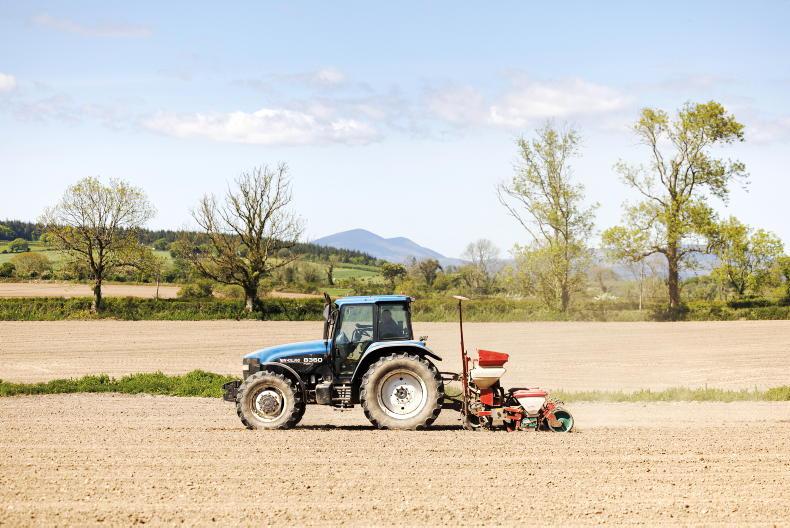Farmers are concerned with rumours coming out of Leinster House that Labour is pushing to reduce the agricultural relief in Budget 2014.
The current rate stands at 90% but calls are coming from the junior coalition party to reduce it as a way of increasing the tax take. The Government is looking to adjust the national budget by as much as €3.1 billion through tax increases and spending cuts.
The Commission on Taxation in 2010 recommended a reduction in the rate of agricultural relief from 90% to 75%. However, successive budgets have left the 90% rate untouched. It is now understood that there is friction between the coalition parties, with Labour looking to reduce the threshold from 90%, with Fine Gael fighting to retain the current rate.
One Labour source confirmed to the Irish Farmers Journal that there are talks ongoing to reducing the rate from 90%, but opposition is coming from their coalition partners to leave it untouched.
The IFA have long been pushing for the retention of the 90% rate. “To encourage the transfer of family farms of a sufficient scale to support a viable farm enterprise for the next generation, IFA believes it is essential that the 90% agricultural relief must be retained on all qualifying transfers,” IFA president John Bryan said.
“Those entering farming must not be faced with a significant tax liability, which could necessitate the breakup of family farms or selling of assets,” he added.
Bryan Daniels from Kilmoganny, Co Kilkenny, availed of the 90% agricultural relief rate and has urged the Government to leave it untouched in next month’s budget.
“In 2011, I inherited 56 hectares and my younger brother inherited 13 hectares. I now farm in partnership with my wife, Gail, as well as my brother,” Daniels said.
“The 90% ag relief was of huge benefit to us. If it had to be anything lower than 90% that would have had a major impact on the farm business. The current rate created a better cashflow, allowing us to invest in infrastructure for the farm,” he said.
Daniels currently milks 160 cows with plans to expand to 300 following the abolition of quotas.
He said a lower threshold on agricultural relief would have hindered the expansion.
“If the rate had been lower it would have slowed the expansion of the business by three to four years. The Government need to look logically at the issue. If the rate is lowered it could hinder the development of farms for years,” Daniels added.










SHARING OPTIONS